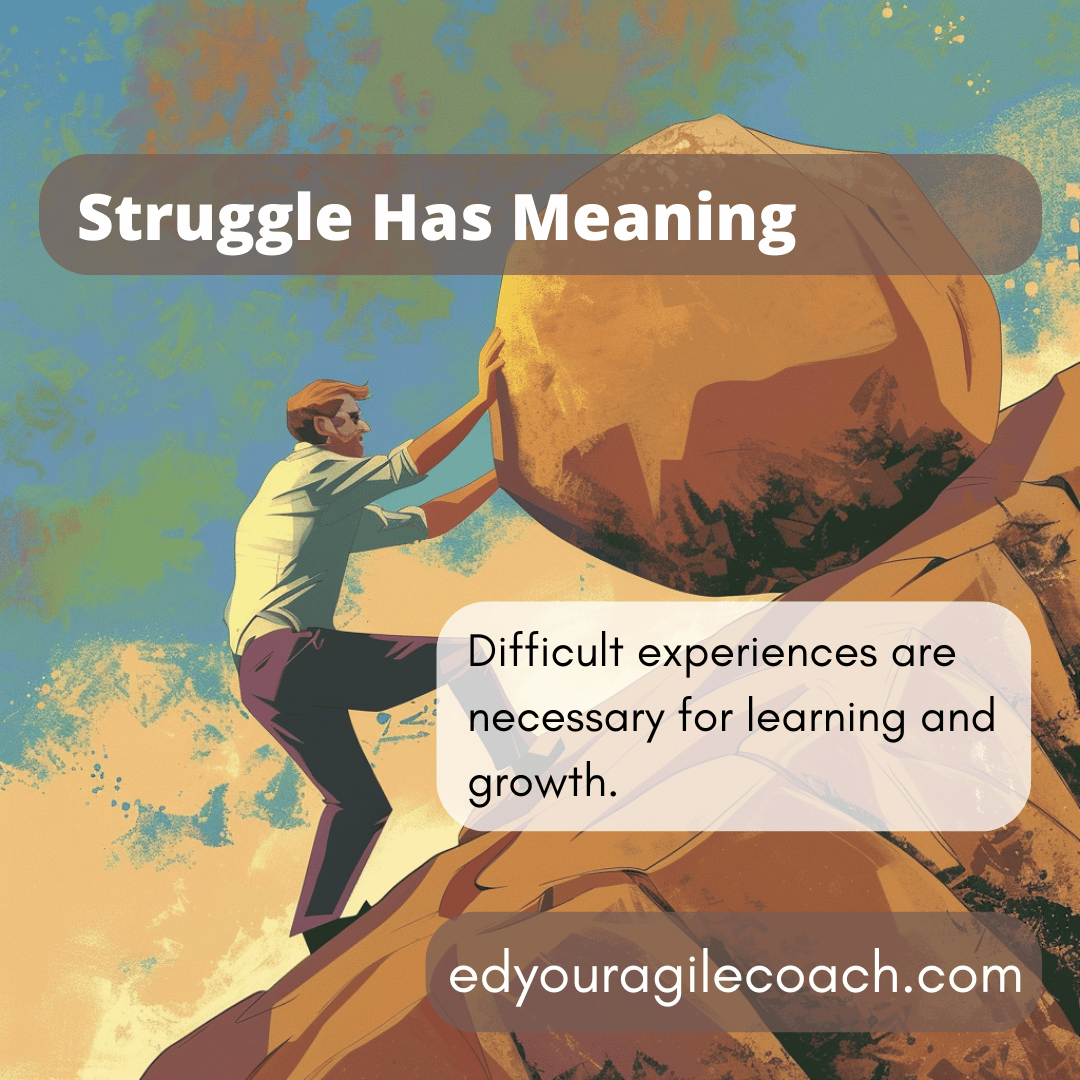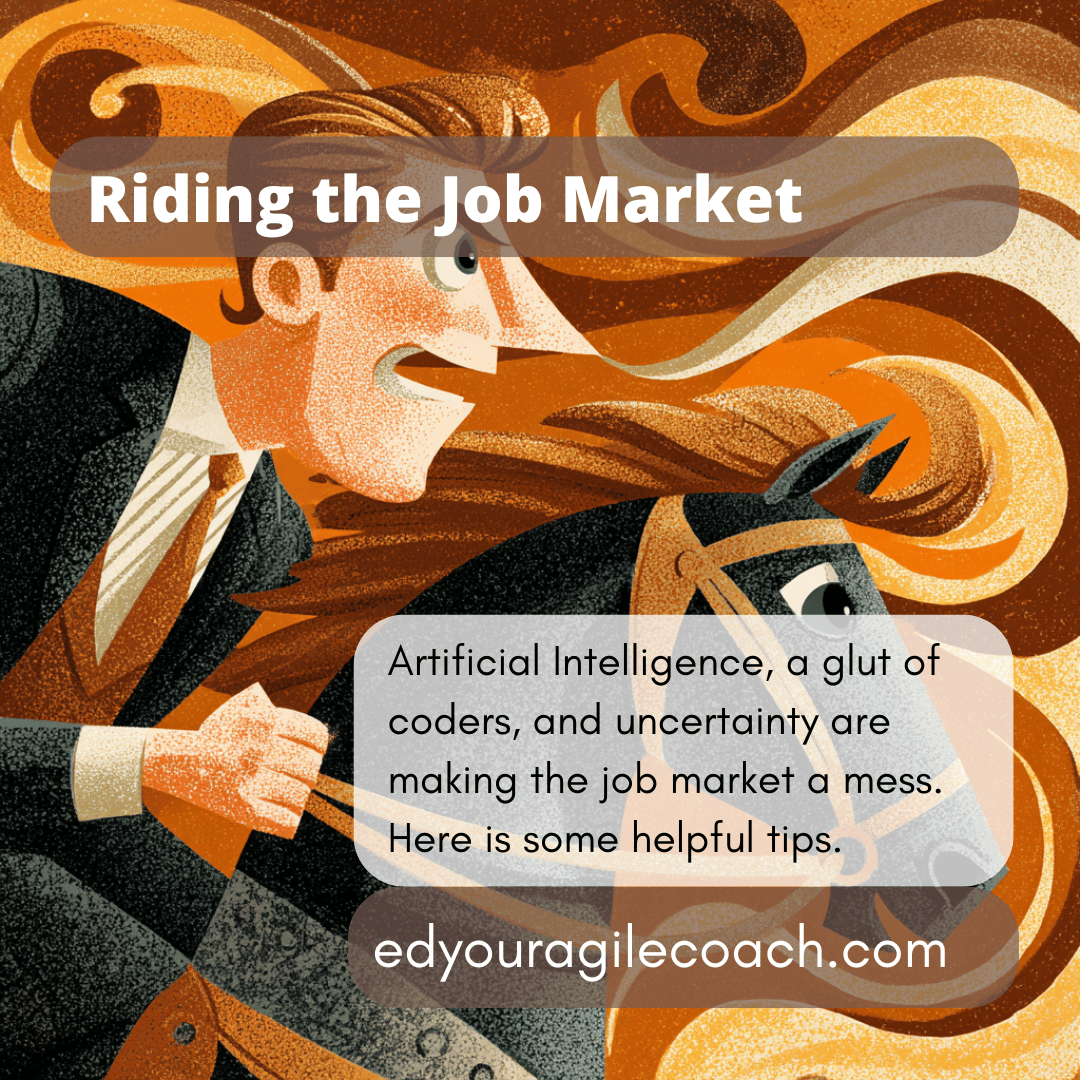The worst situations still have value.

The technology business is a strange place. Sometimes, you feel like the most intelligent person in the room and look stupid other times. It is a bipolar world of incredible success and humiliating failure. In a world with little job security, people come and go frequently because our skills are challenging to find but rarely necessary for an entire career in one place. A payroll clerk can spend thirty years in one place, but the consultant configuring the payroll software moves from company to company every six months. This week, I am rolling off an exciting project where I learned many things about building Artificial Intelligence tools. Throughout my ninety-day stint, I also learned a few things about myself, and I feel compelled to discuss them.
I began a new client engagement, and the same week, I lost my father to heart disease. It was an awful and emotionally overwhelming experience made more difficult by the sudden nature of his death. In the afternoon, my mother became a widow and dependent on me. I became part of what one economist called the hoagie generation, with adult children living in my home and my mother joining us. In the process, I learned about the expenses involved with death and dying. I am glad when it is time to shuffle off my mortal coil, and I will not be responsible for the bill. I also thought that if I got back to work, I would have a means to distract myself from my grief. In hindsight, I now realize that was foolish.
Grief, particularly the grief you feel with the death of a parent or significant other, does strange things to your cognition. Little details get missed, and essential reports and necessary procedures become invisible. This phenomenon resembles operating heavy machinery while drunk in the technology world. The outcomes are not good. Finally, I worked in a high-pressure environment where you performed or were gone. It was the kind of pressure that exacerbated the grief and ground me down emotionally. I would receive angry emails, and conference calls that often became examples of influential people abusing those who were not.
I could blot this experience from my memory, but I consider it valuable learning. I could set aside my emotions and focus on the task at hand. A problematic boss forced me to get better at what I do. Finally, the customers and software developers appreciated my leadership style, and I was grateful for the support.
Major life events force us to become existential about our careers and lives. I leaned into the writing of Albert Camus, who emphasized the absurdity of human existence. Each day, we go through a life that appears to lack meaning, but it is our responsibility to find meaning and give our lives purpose. Victor Frankl takes Camus’ ideas and pushes them further, pointing out that the absurdity of the human condition creates a vacuum that leads to mental and cultural illness. Frankl also demands that we find meaning in a world that does not provide us with easy answers. He provides three main ways we can find purpose in our absurd lives; they are:
- Creating a work and doing a deed.
- Experiencing something or encountering someone.
- The attitude we have toward unavoidable suffering.
These three themes apply to our lives and help us provide ourselves with meaning. The death of my father and the responsibility to care for my mother gave my life additional meaning. My love for my partner and the adoptive family I have gives me a reason each morning to try harder at my career. Finally, my work on this blog and the agile reformation is my life’s work.
Finally, I look at the recent writing of Mark Manson and his book “The Subtle Art of Not Giving a #@%!” In his funny and vulgar tone, he talks about many existential themes but points out that we are responsible for our lives. He says the following:
“Fault is past tense. Responsibility is present tense.”
None of us can change the past, but each of us can take responsibility for it now. I will never be able to hold the people who wronged me in my life and career, but now I am responsible for learning lessons from those misadventures and ensuring that others do not experience my fate. Manson also points out that positive values are reality-based, socially constructive, immediate, and controllable. For the scrum master or coach, you must focus on the here and now rather than attempt to make sense of the past and assign blame.
In the last few days, I learned plenty about myself, and I will take those lessons with me in my career. Even the most awful experiences in life have value, and I will share them with others so they do not suffer my misfortunes.
Until next time.




Comments ()